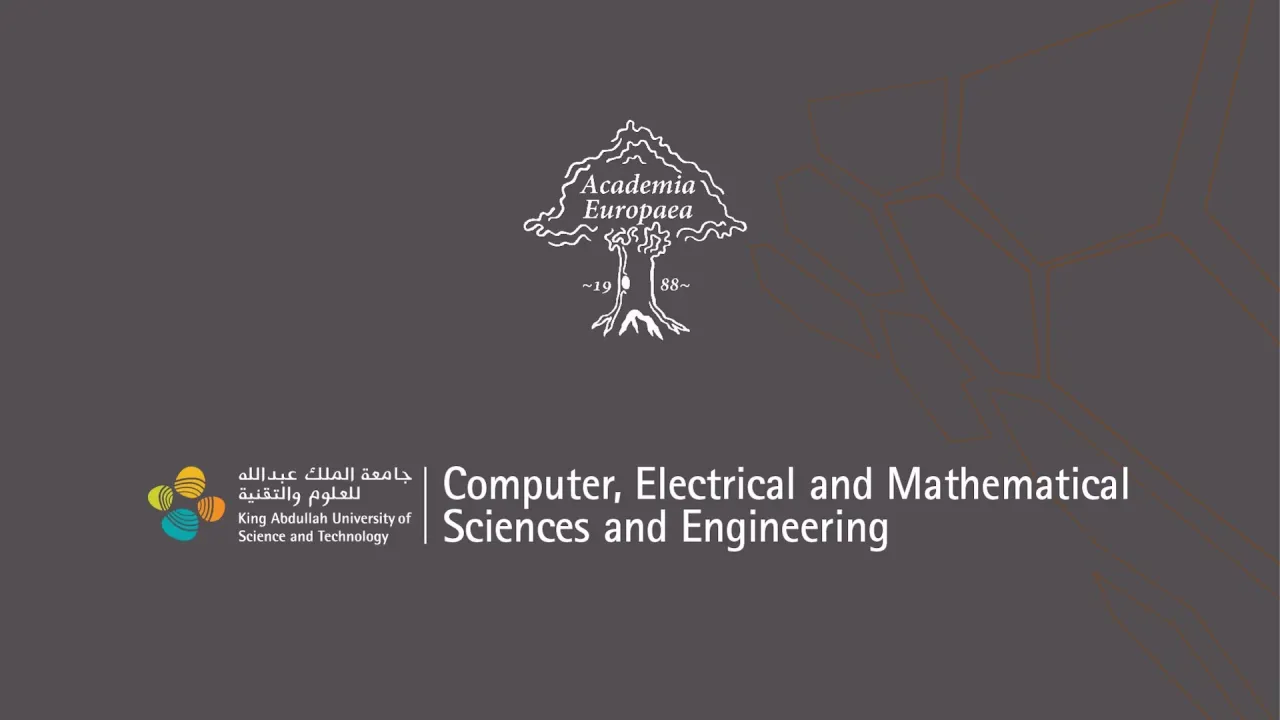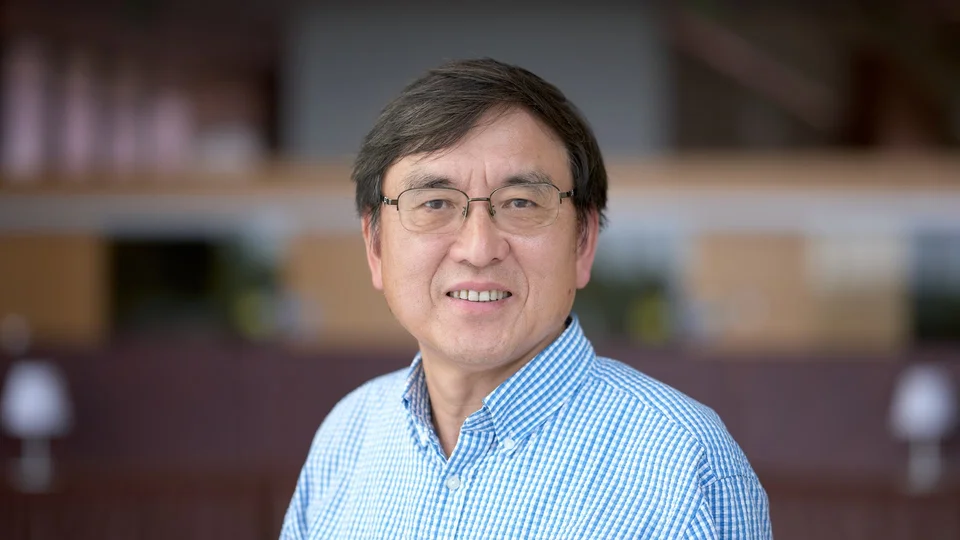
CEMSE professors Peter Markowich and Jinchao Xu elected to the Academia Europaea
KAUST CEMSE Division professors Peter Markowich and Jinchao Xu have been elected members of the prestigious Academia Europaea.
About
By David Murphy
KAUST CEMSE Division professors Peter Markowich and Jinchao Xu have been elected members of the prestigious Academia Europaea.
This year 349 international scholars have been elected to membership in Academia Europaea in the four classes of humanities, social and related sciences, exact sciences and life sciences.
CEMSE professors Peter Markowich and Jinchao Xu elected to the Academia Europaea
Formed in 1988, the Academia Europaea promotes European research, advises governments and international organizations on scientific matters and furthers interdisciplinary and international research. Academic disciplines covered by the pan-European Academy include humanities, law, social sciences, mathematics, medicine, and natural and technological sciences.
Academia Europaea has a membership of over 5000 eminent scientists and scholars. Academy members are among the European scientific community's most productive, innovative, influential and pioneering researchers.
Dr. Markowich’s research focuses on using differential equations in physics, artificial intelligence, biology and engineering. Specifically, he is interested in deepening the understanding of the mathematical and numerical analysis of partial differential equations (PDEs) as well as their applications.
The distinguished professor of applied mathematics and computational science is the author of over 200 publications in leading international journals and has nearly 14,000 citations.
He has been honored with numerous awards and recognitions throughout his career; these include the Wittgenstein Prize from the Austrian Science Fund, The Royal Society Wolfson Research Merit Award and the Humboldt Research Award.
Markowich is a Fellow of the European Academy of Sciences, the Institute of Physics, the American Mathematical Society and the Institute of Mathematics and its Applications. He is also a member of the European Academy of Sciences and Arts and a Foreign Member of the Austrian Academy of Sciences.
The research of Dr. Xu focuses on numerical methods for partial differential equations and big data, specifically finite element methods, multigrid methods and deep neural networks.
Xu is widely recognized as a leading figure in developing, designing and analyzing fast methods for finite element discretization and large-scale equation solutions. He has made many groundbreaking contributions in these areas, including several basic theories and algorithms that bear his name. These include the Bramble-Pasciak-Xu (BPX) preconditioner, the Hiptmair-Xu (HX) preconditioner and the Xu-Zikatanov (XZ) identity.
Recently, Xu has devoted himself to mathematical studies of deep learning, working on topics such as the approximation theory of deep neural networks. He has also been developing convolutional neural networks and training algorithms from the multigrid viewpoint and subspace corrections method.
Xu was named a Distinguished Professor of Mathematics in 2007, the Francis R. and Helen M. Pentz Professor of Science in 2010 and the Verne M. Willaman Professor of Mathematics in 2015 at Penn State. He was also awarded the first Feng Kang Prize for Scientific Computing in 1995 and the Humboldt Award for senior U.S. scientists in 2005. His work was featured as one of the top 10 breakthroughs in computational science in a 2008 US Department of Energy report.
According to Google Scholar, Xu has published more than 240 scientific papers with more than 18,500 citations. He was a plenary speaker at the International Congress for Industrial and Applied Mathematics in 2007 and an invited speaker at the International Congress for Mathematicians in 2010.
Xu serves on the editorial boards of many influential journals in computational mathematics and co-edits numerous research monographs and conference proceedings. He has organized or served as a scientific committee member for more than 100 international conferences, workshops and summer schools.
He is a Fellow of the Society for Industrial and Applied Mathematics (SIAM), the American Mathematical Society (AMS), the American Association for the Advancement of Science (AAAS), and the European Academy of Sciences (EurASc).
Xu—who was made a member of the Academia Europaea within the Mathematics Section—noted of his election: “I am much honored to receive this recognition for my contributions in developing numerous fundamental mathematical theories and practical algorithms that have found extensive applications in various scientific and engineering domains.”
KAUST Adjunct Associate Professor of Electrical and Computer Engineering Jürgen Kosel was also elected as a member of the Academia Europaea. Kosel's research focuses on developing miniaturized transducers, with applications ranging from biomedical sensors to energy harvesters to spintronic devices.

